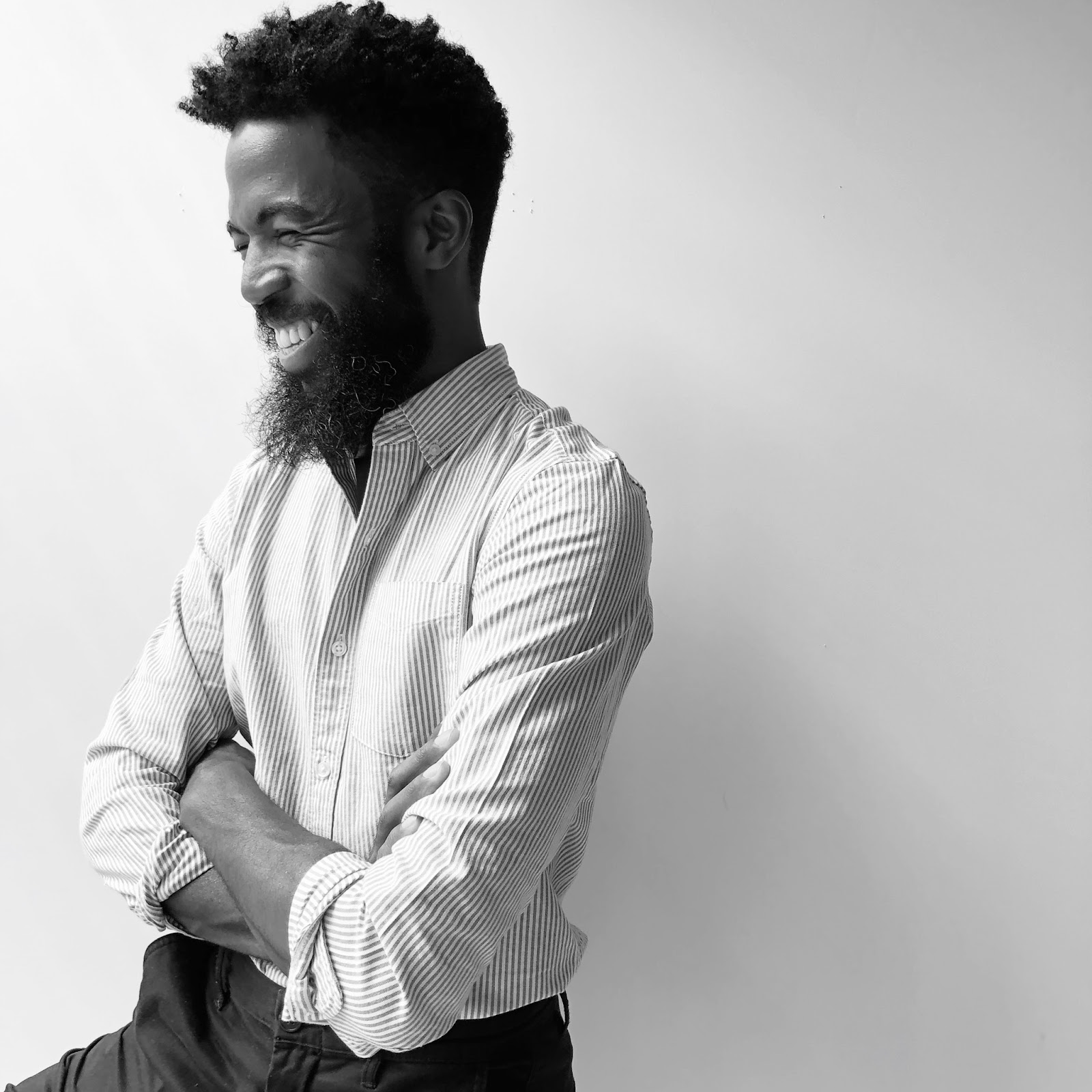For 1995
It was the dead center of summer,
& anyone but us would’ve been
outside hours ago, flailing
like a system of larks against
the hydrant’s icy spray. But a girl
had her orders, & to disobey
our mother was, in a sense, to invite
one’s own destruction, cause to pray
that a god of mercy might strike first.
So we lay, still as stars on the living
room floor, poring over algorithms:
divisors & dividends, quotient
the first synonym for resolution
I ever learned, & would later
come to love for its sound alone,
how it reminded me, even then,
of words like quantum & quotation
mark, both ways of saying nothing
means what you think it means
all the time. The observable
universe hides behind its smooth
obsidian dress, & all we can
do is grasp at it in myths
& figures, see what sticks,
give all our best language
to the void. What dark irony,
these coy, child philosophers,
theorizing how things break
from the floor of a house
where everything is more
or less in flux, indeterminate
as the color of the blood
in a body. Or the speed
at which I learned
to obliterate the distance
between myself
& any given boy
on the block, the optimal
angle of the swing
most likely to drop
another kid cold
in front of his crew,
to square up, square
off, & this too was a kind
of education, the way
my sister held both fists
semi-adjacent, each an inch
or so from her switchblade
eyes, showed me
the stance you take
when the math doesn’t
quite shake out, so it’s just
you & the unknowns
& the unknowns
never win.
Published:
2016
Length:
Regular
Literary Movements:
Contemporary
Anthology Years:
2023
Themes:
Childhood & Coming of Age
Education & Learning
Memory & The Past
Poetic Form
Literary Devices:
Ode
a lyric poem in the form of an address to a particular subject, often elevated in style or manner and written in varied or irregular meter
Personification
the attribution of human qualities to a non-human thing
Simile
a comparison between two unlike things using the words “like” or “as”

